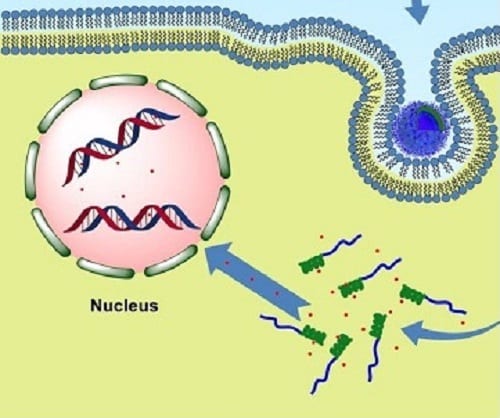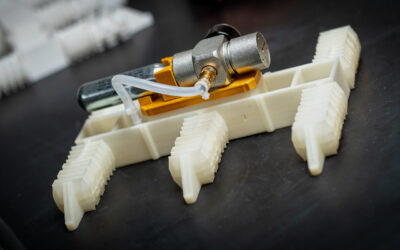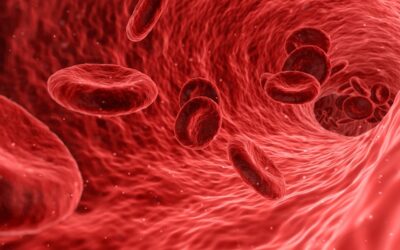 The dose-dependent cardiotoxicity, myelosuppression, and development of multidrug resistance associated with unformulated doxorubicin hydrochloride (DOX·HCl) limit its therapeutic efficacy. A number of stories involving doxorubicin delivery via hydrophobic interaction between the drug and hydrophobic moieties of the drug carrier have been reported in the past few years, whereas the trace residual organic solvent may cause potential deleterious effects and hamper the subsequent biological applications.
The dose-dependent cardiotoxicity, myelosuppression, and development of multidrug resistance associated with unformulated doxorubicin hydrochloride (DOX·HCl) limit its therapeutic efficacy. A number of stories involving doxorubicin delivery via hydrophobic interaction between the drug and hydrophobic moieties of the drug carrier have been reported in the past few years, whereas the trace residual organic solvent may cause potential deleterious effects and hamper the subsequent biological applications.
Polypeptide-based copolymers have attracted considerable attention due to their excellent biocompatibility, biodegradability and precise secondary conformations, making them highly desirable for anticancer drug delivery. Xuesi Chen and co-workers from the Changchun Institute of Applied Chemistry present polypeptide-based pH-responsive polymersomes with uniform size (~20 nm) and high drug loading efficiency (~100%) which were obtained from self-assembly of bidentate dicarboxylic ligands functionalized polypeptide and cationic DOX·HCl in aqueous medium.
With convenient fabrication, favorable hemocompatibility and cytocompatibility, excellent drug loading and controlled release properties, the smart polypeptide-based polymersomes exhibited reduced systemic toxicity, improved tolerance and enhanced antitumor efficacy in vivo as compared with free drugs, holding great potential for achieving an optimal therapeutic effect of the transported drugs in cancer treatment.
This article is part of the special Best of Macros 2013 issue, and is now free to read at http://www.best-of-macros.de!

















